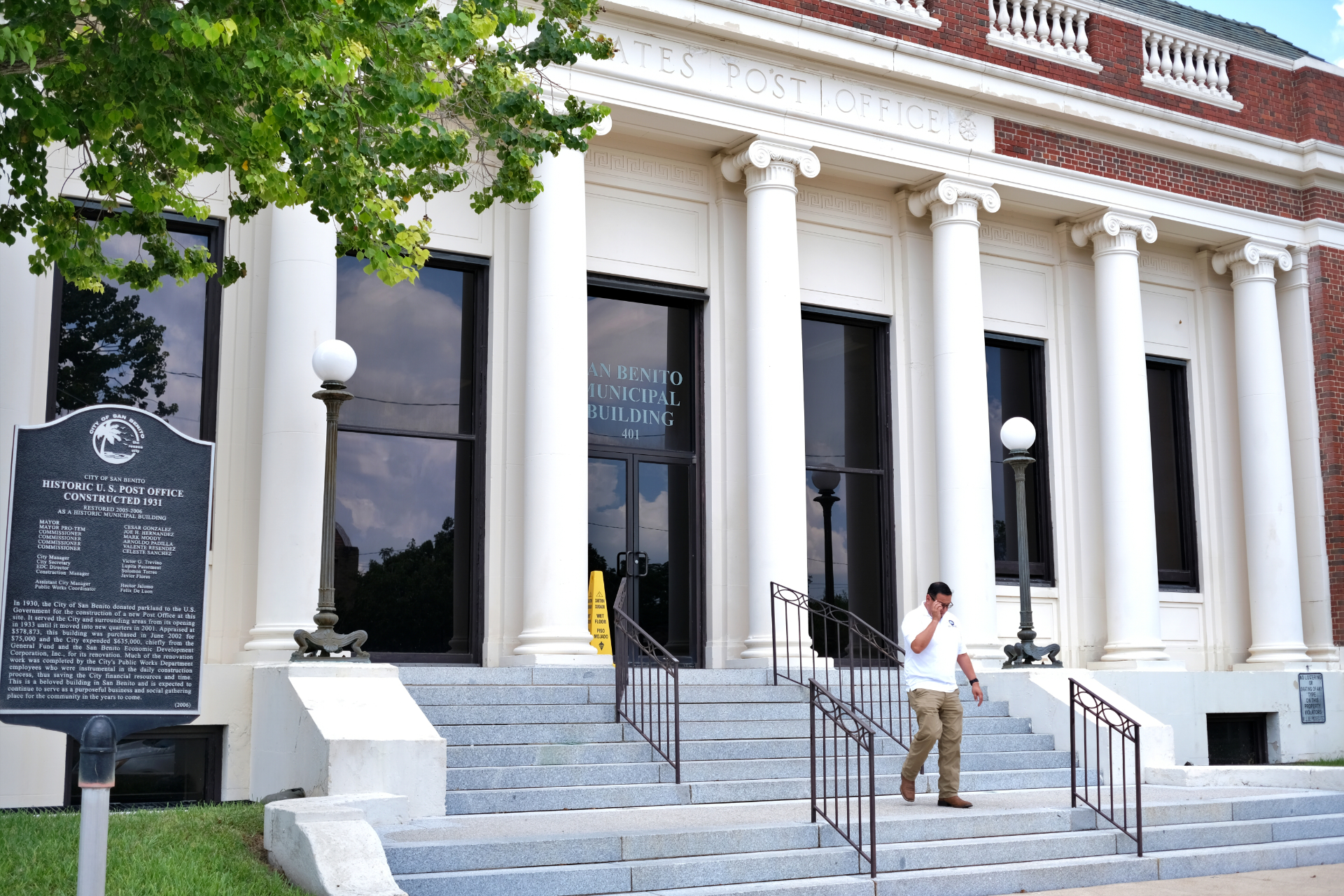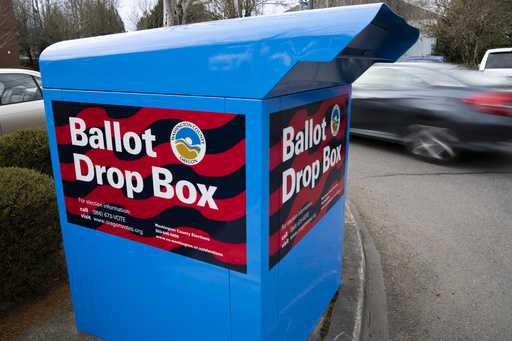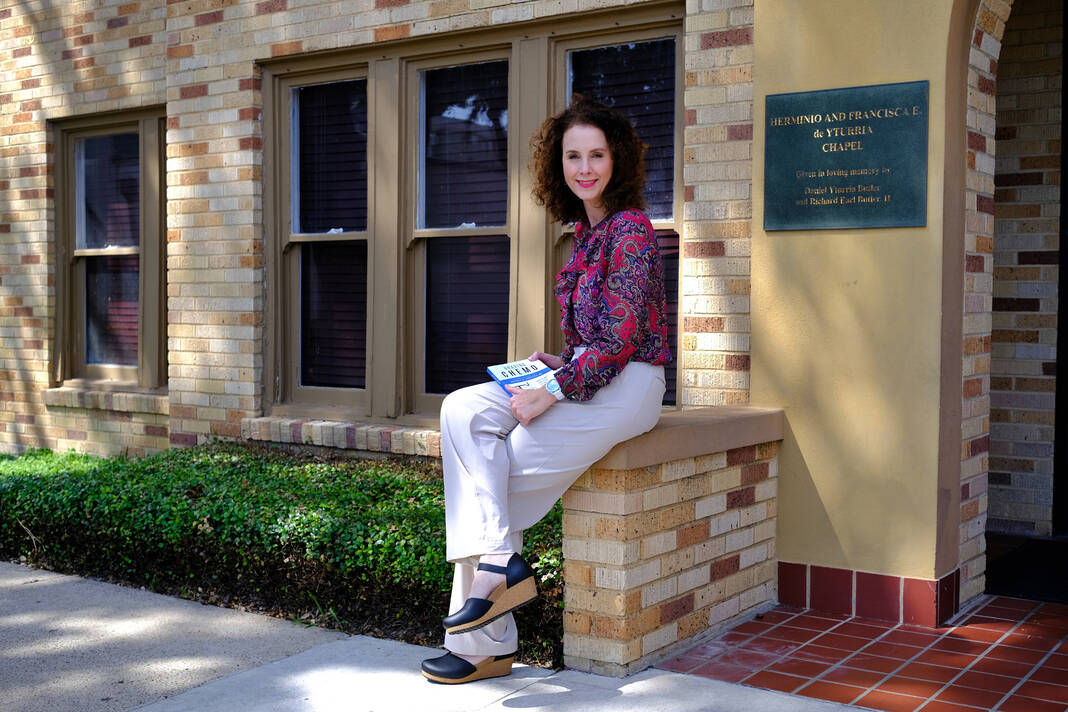How Funding Veteran-Owned Businesses Builds Resilient Lives, Legacies and Local Economies
On Veterans Day, we honor the courage, sacrifice, and dedication of those who served in our armed forces. Yet, too often, we overlook the critical needs veterans face when they return home—most notably, access to capital to build businesses and secure financial independence. This shortfall is not just an economic one; it’s a matter of life and death for many veterans struggling with PTSD and other mental health challenges. As we collectively honor veterans in the midst of a new administration taking office, policymakers will have a pivotal opportunity to introduce measures that support veterans—yet the critical gap in access to capital remains a barrier to their long-term well-being.
The gap between transitioning from military service to civilian life can result in what has been coined “the deadly gap”. This gap, in combination with financial instability, can exacerbate mental health risks. Experts emphasize that for many, financial instability can trigger or worsen conditions like PTSD, depression, and even suicidal ideation. For veterans, owning a small business after service is more than just a career move—it’s a pathway to gaining independence, purpose, and mental resilience.
Veterans own almost 2 million businesses and employ almost 5.5 million Americans. Accessing capital to kickstart or expand a business can be one of the largest hurdles, especially for veterans without substantial credit history, business experience, or traditional financial credentials lenders seek. Frequent relocations also make it tough for military families to establish relationships with local banks or maintain consistent credit histories. On paper, a traditional bank may view them as a higher-risk borrower and frequent moves can make it tough for military spouses to maintain steady employment, further impacting their borrowing potential. Consequently, over half of all veteran business owners rely on family savings as their primary source of capital. Veterans without such savings resort to personal loans, credit card debt, or even family home equity loans.
Capital access is more than an economic solution, it is crucial to the well-being and future of veterans’ family legacies across generations. Mission-driven nonprofit lenders, like LiftFund, work tirelessly to help veteran entrepreneurs gain access to the capital they need to succeed, but these programs lack adequate funding to reach the veterans who need them most. It’s time to offer more than our gratitude. Veterans need our investment. Supporting nonprofits providing access to capital is essential if we are to truly honor those who’ve served us all.
This Veterans Day let’s honor our service members not only with words, but through meaningful action. Supporting veteran-owned businesses is more than an investment in those who served—it’s a direct boost to our communities, creating jobs and driving economic growth. By ensuring veterans have the capital they need to truly thrive, we provide them with more than financial stability; we offer them a future filled with hope.
The above guest column was penned by Amy Hereford, CEO of LiftFund, Inc. The column appears in the Rio Grande Guardian with the permission of the author.
About LiftFund
LiftFund is a nonprofit small business lender which aims to transform lives by opening doors, leveling the financial playing field, and building a community of shared success. Founded in 1994 in San Antonio, Texas, LiftFund provides capital, financial coaching, and resources to entrepreneurs who do not have access to loans from commercial sources. For 30 years, LiftFund has had the honor of helping thousands of veteran-owned businesses take root and grow, creating almost $1B in economic impact in local economies.
The post Hereford: Bridging the ‘Deadly Gap’ appeared first on Rio Grande Guardian.
 (2).png)
 3 days ago
27
3 days ago
27









 English (US)
English (US)